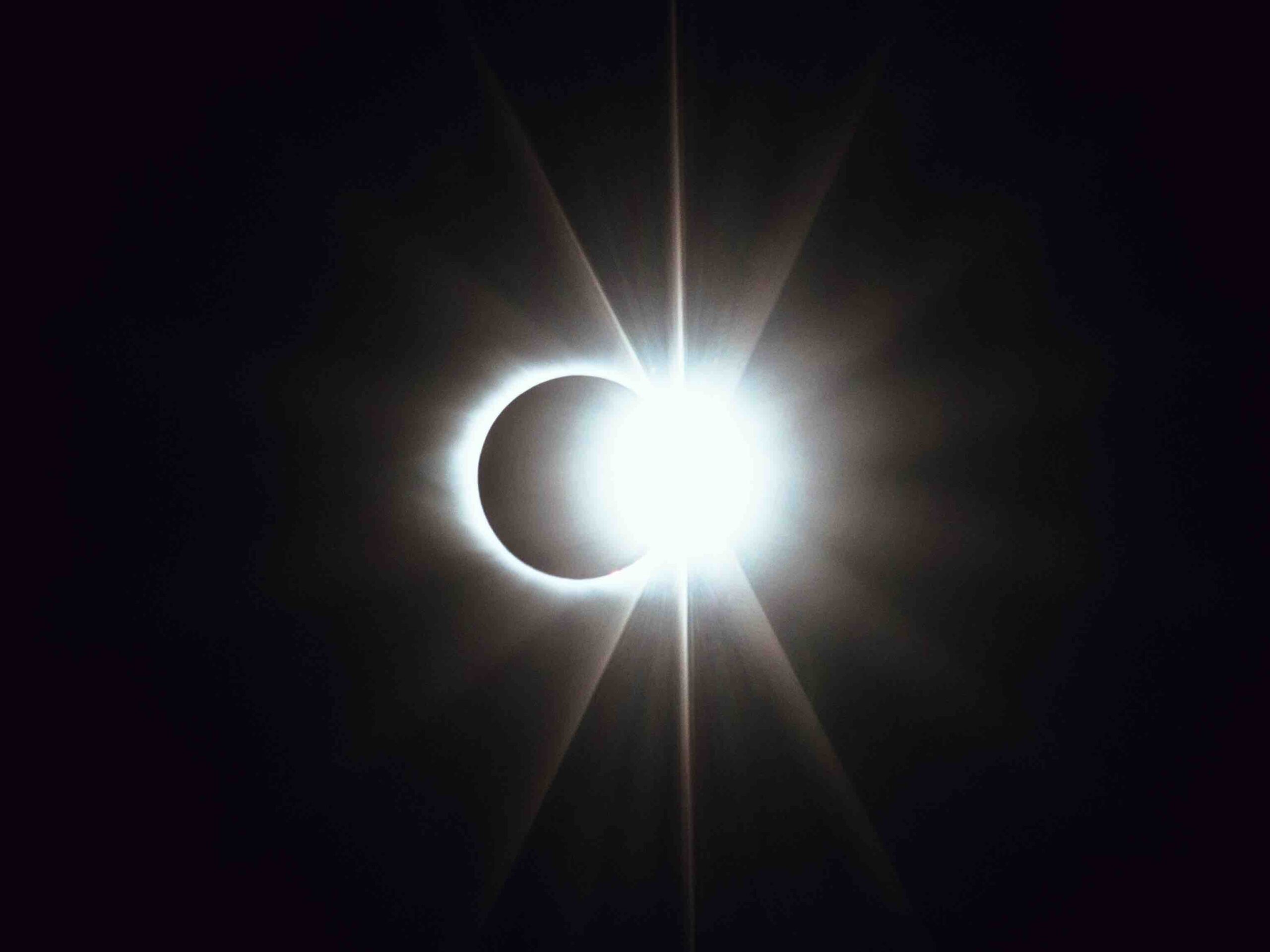A total solar eclipse is coming, and Brock students can get front-row seats.
Some may remember the eclipse that occurred in 2017, which was total in the United States and partial for many Canadians. This was nicknamed the “Great American Eclipse” for its totality in America, which had not been seen since 1918.
Brock students can consider themselves very lucky, as another total eclipse is coming, in which the moon will completely blot out the sun, making it potentially dark enough to see stars in the middle of the day. But this time, Niagara residents will be able to see the event in its full magnitude.
Eclipse on the Escarpment: Celestial viewings and educational exhibits will run on April 8 from 12 to 4 p.m., providing Brock students the chance to learn about this spectacle and view it safely.
Participants should consider arriving early, as from 11 a.m to 2 p.m. Certified solar eclipse glasses will be provided for free at the following locations, only on the day of the event and only while supplies last: Brock University Students’ Union desk, Cairns Complex welcome desk, Hungry Badger in Walker Sports Complex, Rankin Family Pavilion welcome desk, Thistle Hall, across from the Brock Card service desk at the top of the stairs leading down to Market Hall and Walker Sports Complex welcome desk.
Students who don’t have their own glasses will be able to view the eclipse through provided pinhole projectors and Sun Spotter solar telescopes. Alternatively, they can craft their own pinhole viewers with the help of attending faculty if they bring a cardboard box – cereal box, shoebox, etcetera – while crafting materials last.
The event itself begins at noon in the Ian Beddis Gym. There will be many educational booths to visit, each explaining different elements of eclipses from scientific, literary and even historical perspectives.
To name a few, the Mathematics and Statistics Department will have a booth on whether the sun really bends space and time, the Earth Science Department will have a booth on the history of the moon and the Classics and Archaeology Department will have a booth on eclipses in the ancient Mediterranean world, exploring superstition versus science.
Other organizations will also have booths: the SETI Institute, Niagara College, Space Place Canada and Niagara Geopark.
The true purpose of the event, the maximum eclipse, will occur at 3:19 p.m. The community will be gathered on Alumni Field – the artificial turf field beside the Walker Complex – to watch the sky.
Brock is just one of many venues where people can experience the total eclipse. Niagara Parks is hosting eclipse viewings at the Niagara Parks Power Station + Tunnel, the Table Rock Centre, the Niagara Parks Butterfly Conservatory and Old Fort Erie. A Free Total Solar Eclipse Concert is also being held at Queen Victoria Park.
Each of these events promises interesting features, like discussions with representatives from the Canadian Space Agency or NASA scientists; interested parties should check out the full event listings here.
Of course, no event is needed to witness the eclipse itself. However, being careless in how one goes about viewing the eclipse can lead to potentially life-altering effects, including permanent damage to the eyes and blindness.
Be sure to get a pair of ISO 12312-2 certified eclipse glasses, such as those handed out at Brock on the day of, to be safe. During full totality – which lasts about three minutes, from 3:18 to 3:21 p.m. – it will be safe to remove one’s glasses and marvel at the darkness and the eclipse itself. At Eclipse on the Escarpment, experts will be advising the group when participants should remove and replace their glasses.
Such a spectacle will not be seen in Ontario again until 2099. This is potentially a once-in-a-lifetime experience, but those who choose to watch the eclipse must remember to be cautious in how they go about it.

